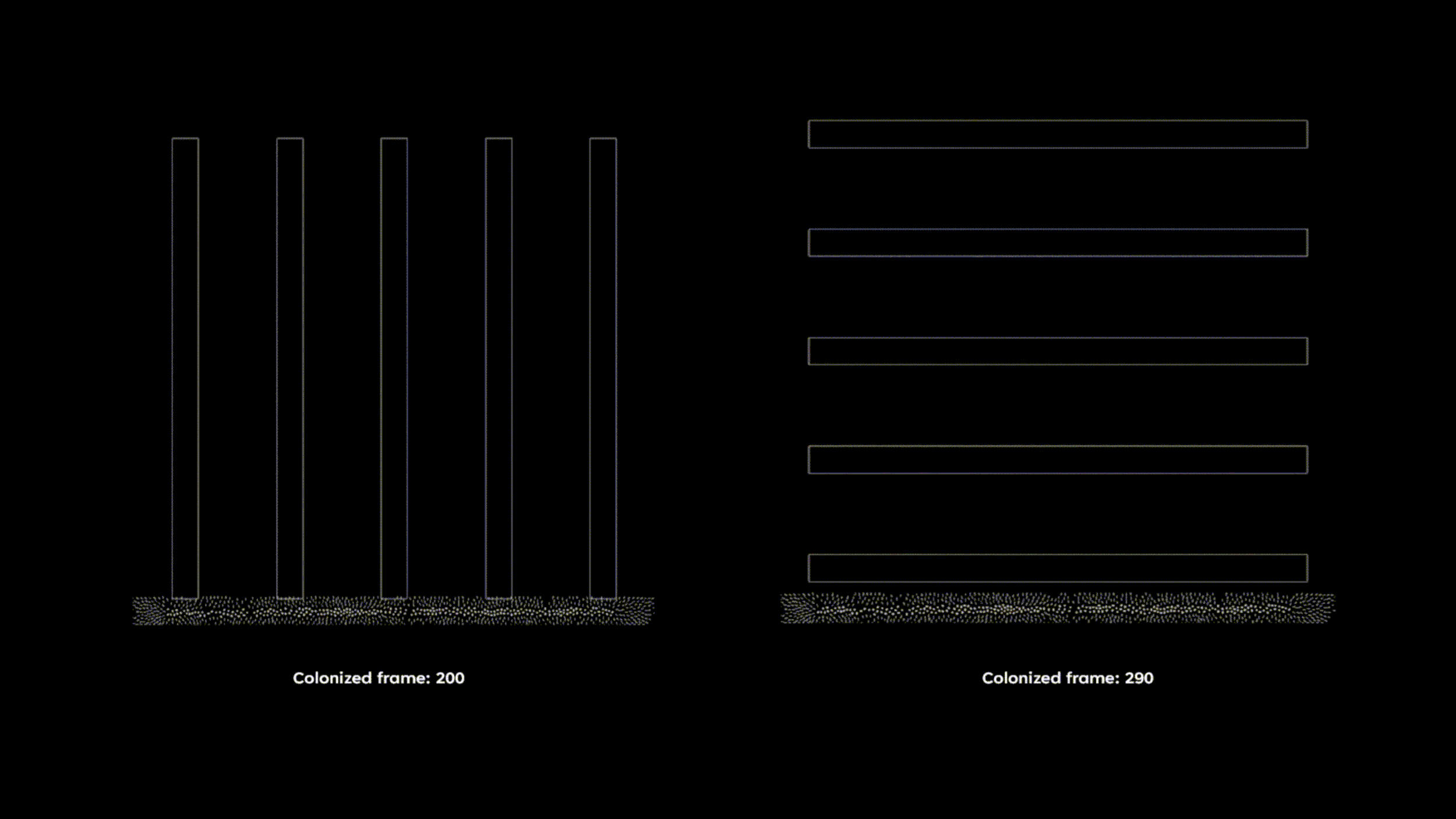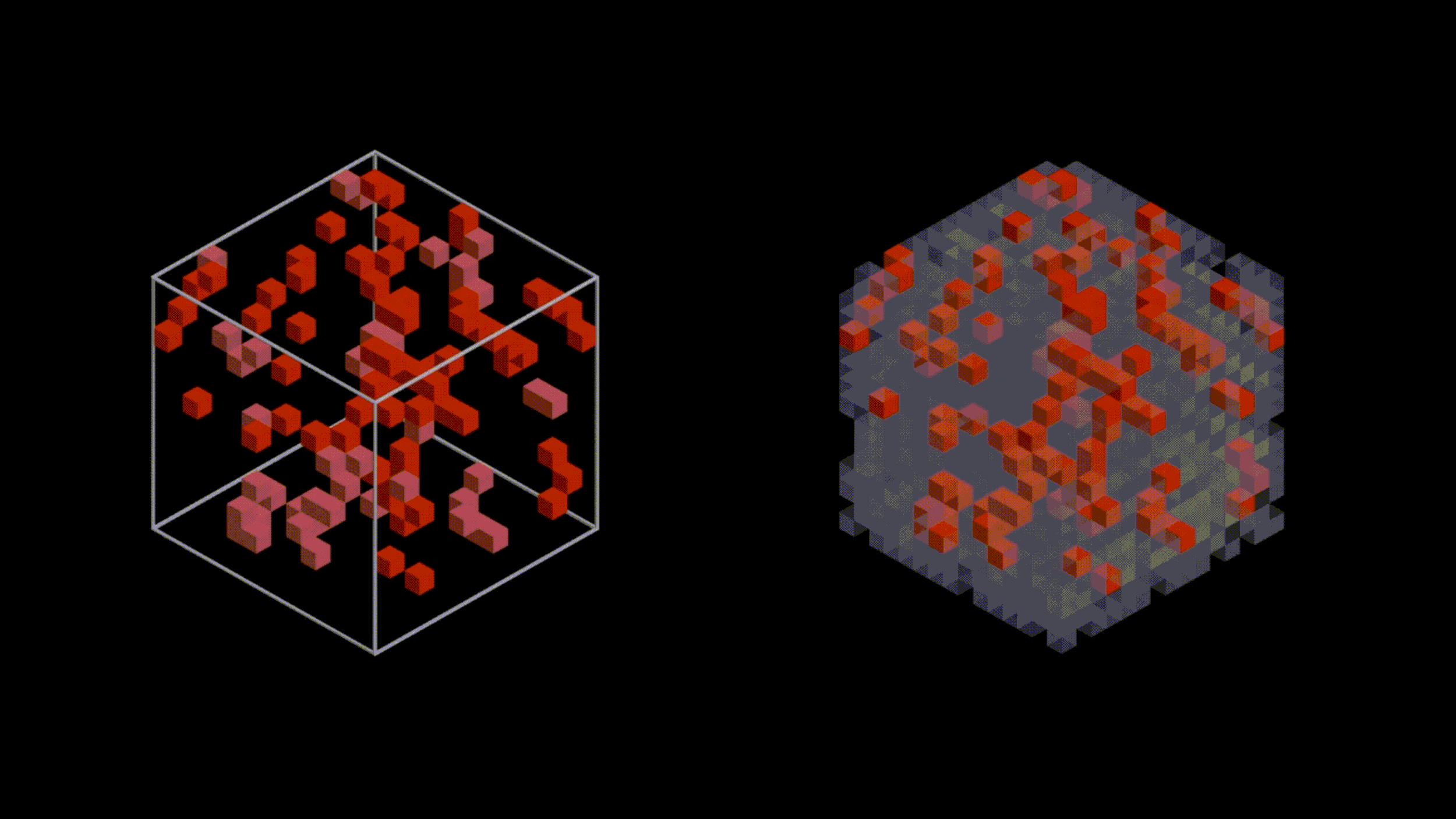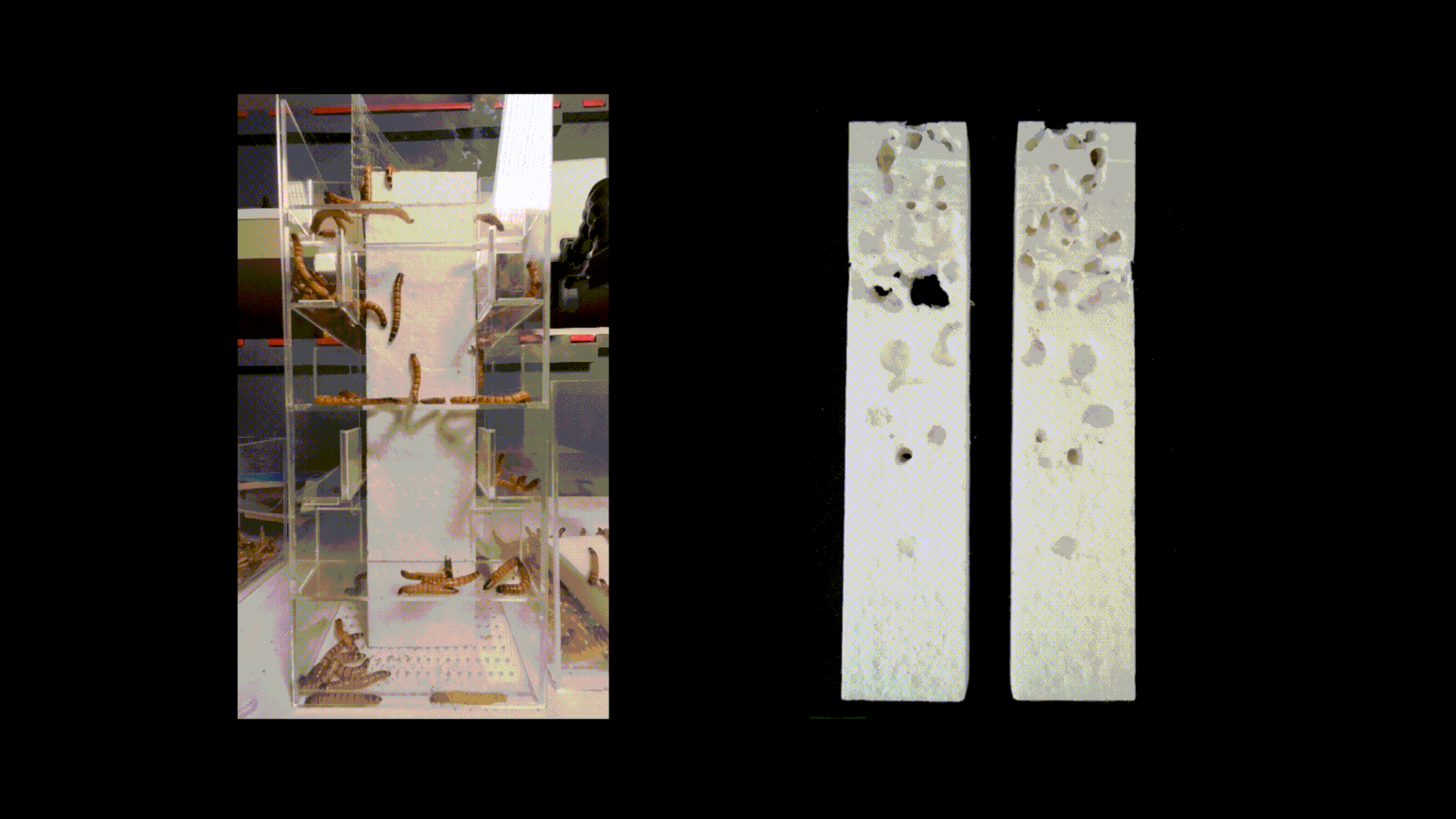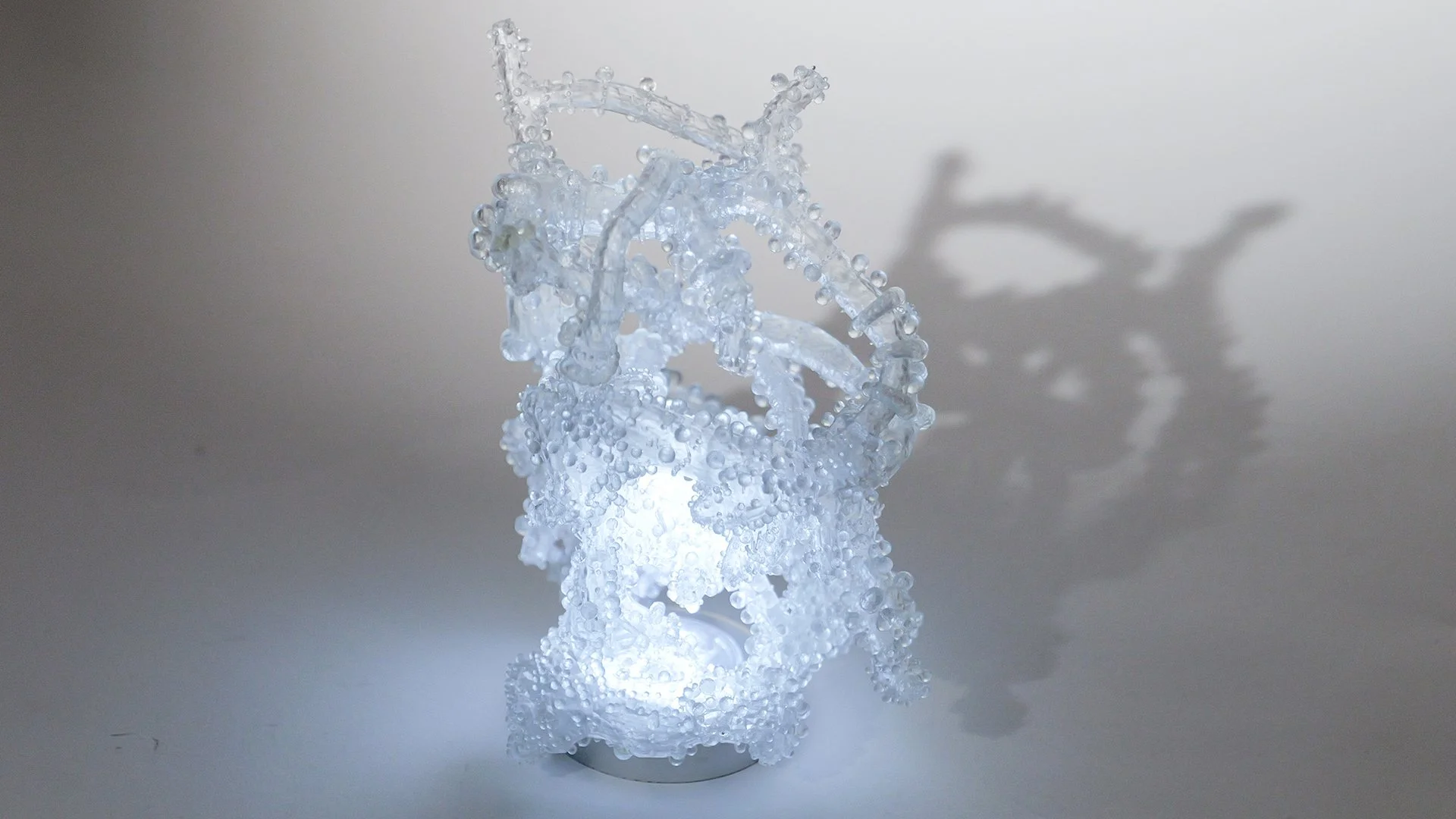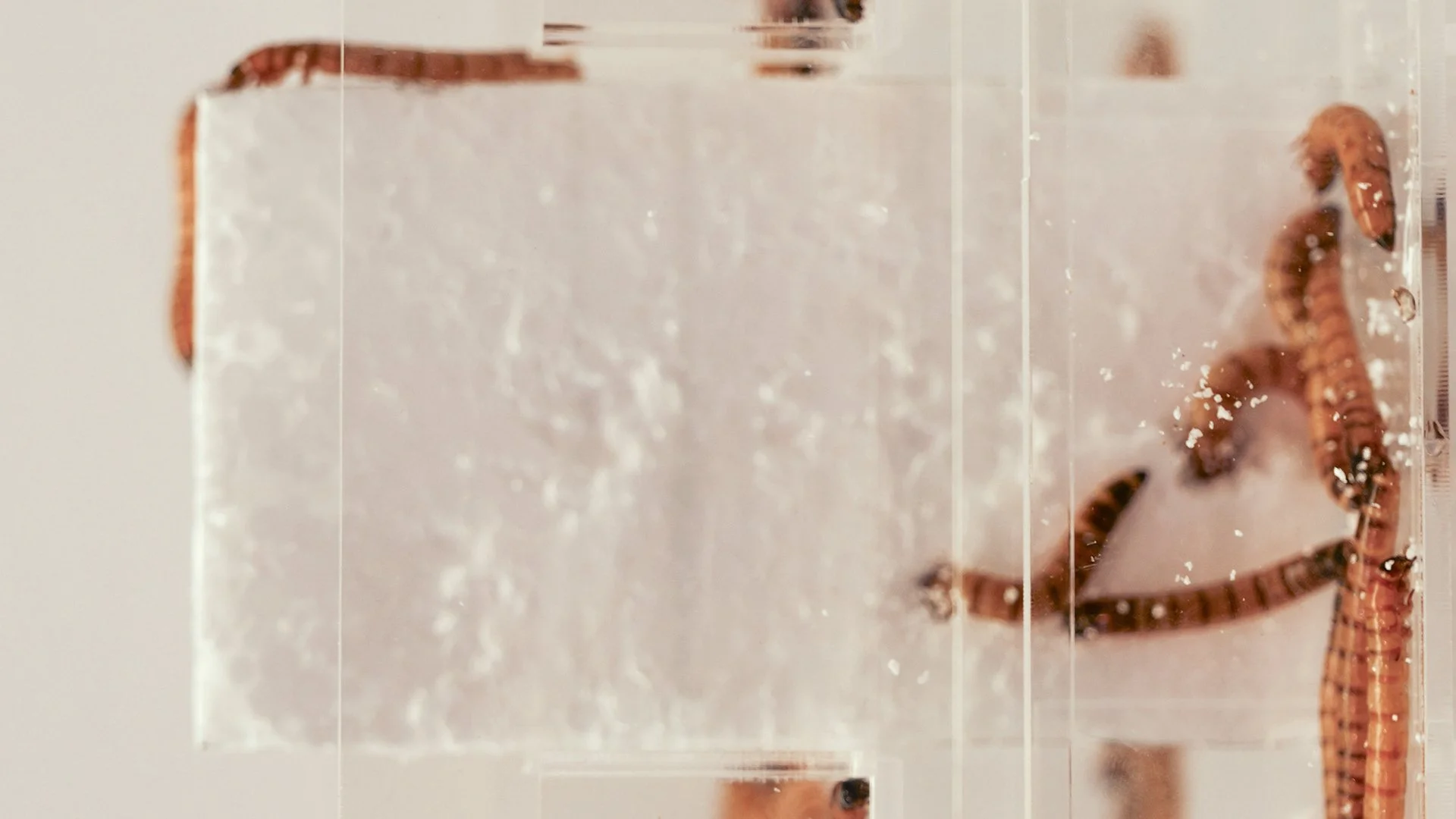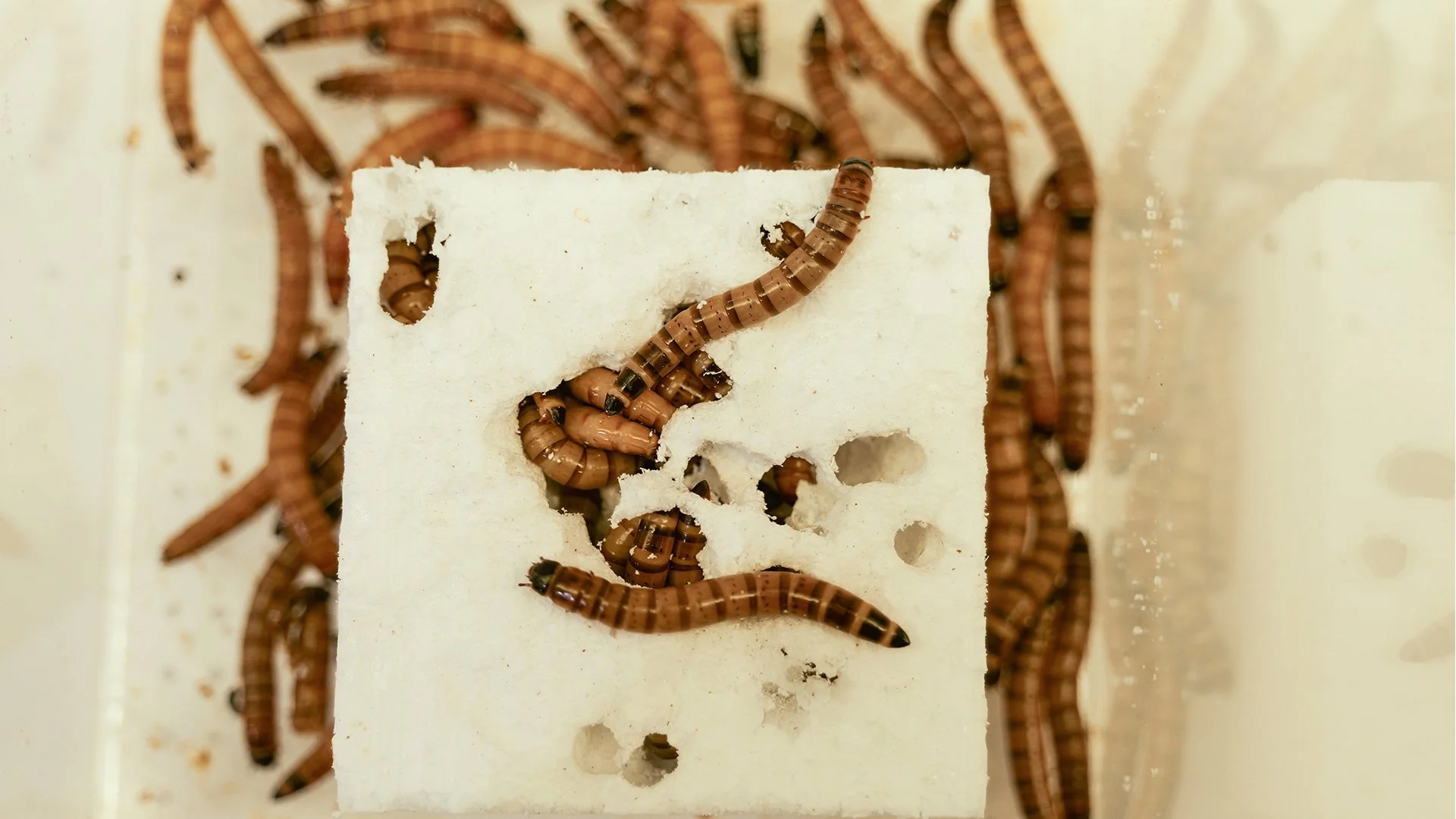Plastiko
Studio Theodore Spyropoulos
Tutors Apostolos Despotidis, Octavian Mihai Gheorghiu, Hanjun Kim
Team Kanika Aggarwal, Shangci Sun, Zheyu Wang
As evident in its title - PlastiKo project - aims to address the global plastic waste crisis through a large-scale urban landscape proposal which integrates bio-remediation techniques and architectural design. Inspired by large infrastructural models such as solar farms, we propose a horizontal, distributed solution for plastic waste, that interacts closely and strategically within its urban settings. Our proposal involves creating a living landscape where plastic is processed and degraded locally by worms and mycelium, transforming artificial and harmful waste into useful byproducts, locally, near its source. In contrast to conventional approaches, PlastiKo does not suggest creating enclosed systems, which tend to amplify the issues further and make problems even more complex. Instead, our suggestion involves generating large, interconnected ecologies that interact with the city and exploit its waste flows. Our ultimate aim is to integrate the waste disposal system within the city infrastructure. In this way, we propose that disused plastic management disposal facility is turned into a highly visible, interactive process that engages society and significantly contributes to urban life. By decentralizing plastic degradation, our proposal responds to, as we understand it, an urgent need for localized, specific and scalable solutions to global environmental challenges. This architectural approach also simplifies complex biological processes, by transforming the urban landscape into a hybrid of ecology and infrastructure. Our vision, built on biological processes and architectural strategies, offers not only a specific solution for a particular context. More pertinently, this could potentially become part of a roadmap for reducing plastic pollution in a scalable and impactful way in a much more general sense, through fostering a much broader understanding of how cities may manage waste while coexisting and collaborating with natural systems.



